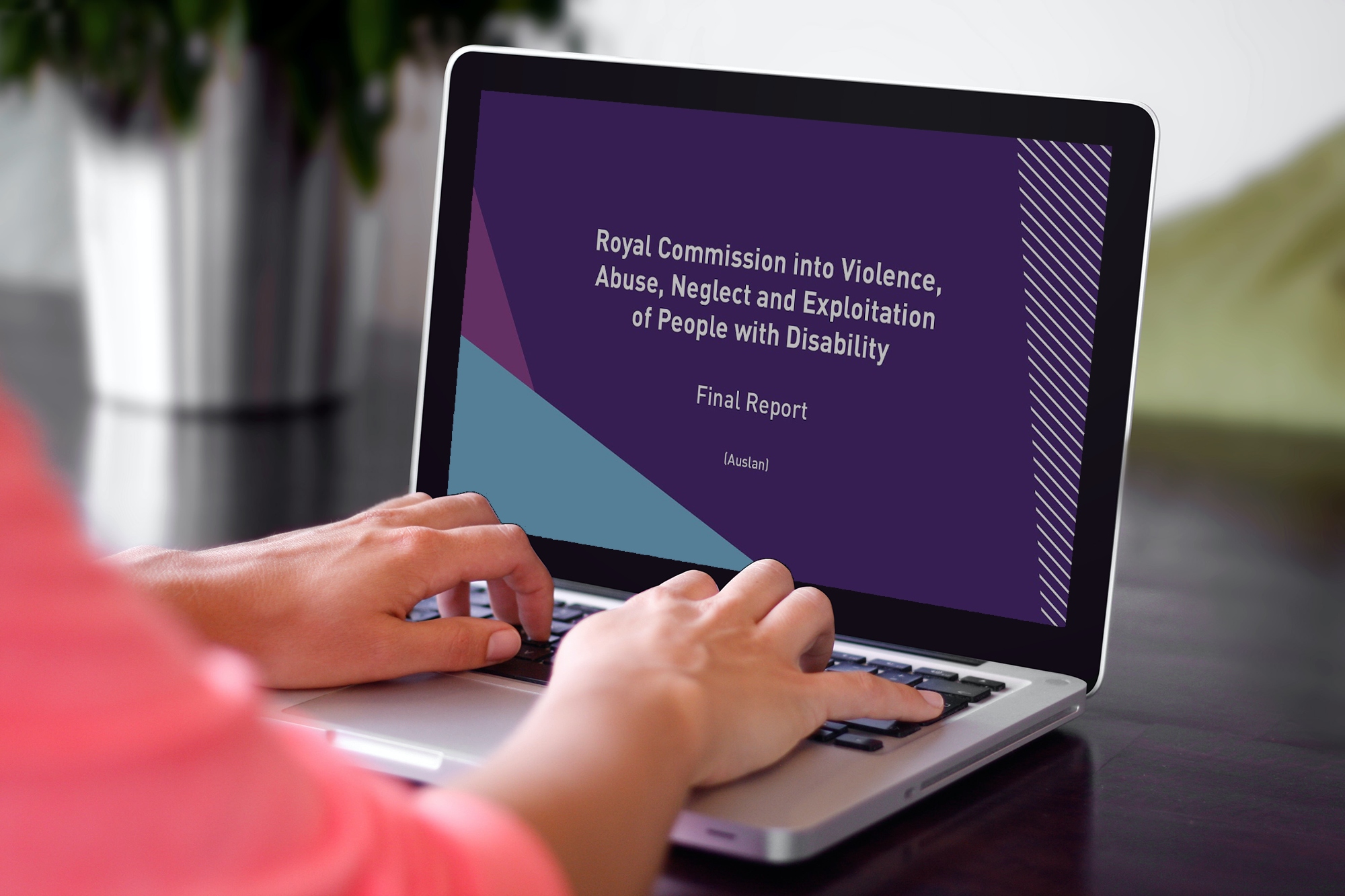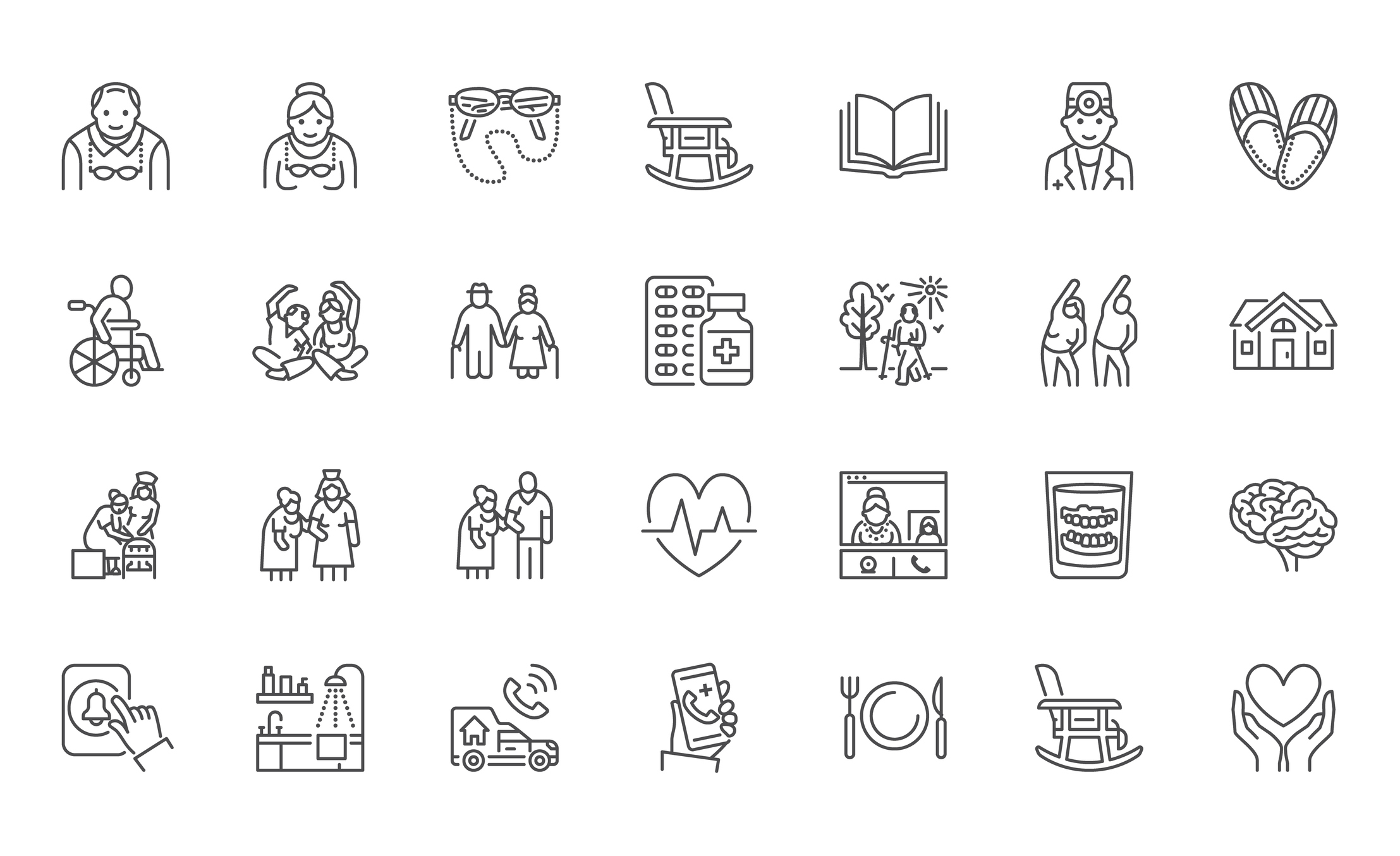Over the past few decades there has been a move towards a more holistic concept of care that includes emotional, physical, social and spiritual aspects. Consideration of a patient’s spiritual health has been identified as a key component when providing high quality health care. Research has demonstrated that patients want their spiritual needs considered as part of their overall health care, and that an increase in discussion around spiritual beliefs strengthens the trust between the provider of services and their client or patient.
Everyone has spiritual needs – for some, this is intertwined with their religious beliefs, and for others it may involve a search for a deeper understanding of their purpose and meaning. Spirituality plays many roles in the lives of patients and of those who are elderly. For many patients, spirituality can help them cope with health outcomes, and contribute to their having a more positive outlook on life. Spiritual care often holds greater importance at the end of one’s life, when it can help a person explore what has given meaning to their life, and reduce their stress as they contemplate dying.
Spirituality has also been found to assist with recovery, and spiritual practices such as meditation have been found to improve health outcomes through increasing relaxation. Spirituality is an important aspect of health, and assists with coping with changes to health and maintaining positive wellbeing throughout the recovery process.
How can your organisation ensure that people's spiritual care needs are met?
Spiritual Health Association’s Guidelines for Quality Spiritual Care in Health, and Meaningful Ageing Australia’s National Guidelines for Spiritual Care in Aged Care were both developed with extensive stakeholder consultation and research, to help providers implement a nationally consistent and best-practice approach to spiritual care. The two guidelines provide a wealth of information and resources, within their frameworks, to assist providers and practitioners to deliver spiritual care services in a way that ensures high-quality and safe care, and which addresses each person’s individual needs.
Guidelines for Quality Spiritual Care in Health
These Guidelines emphasise the importance of considering the whole person when providing person-centred care. They provide a standardised and consistent approach to spiritual care, which aligns with the National Safety and Quality Health Service Standards, the National Palliative Care Standards, and evidence-based care. They focus on responsive and respectful patient-centred care and serving all aspects of patient care. The Guidelines assist providers with the delivery of quality, evidence-based care through offering a consistent approach to the provision of best practice spiritual care in health services.
National Guidelines for Spiritual Care in Aged Care
The National Guidelines for Spiritual Care in Aged Care state that “spirituality is integral to quality of life and well-being and it should be accessible to all older people in a way that is meaningful to their beliefs, culture, and circumstances”. The Guidelines reflect best practice and highlight that the offering of spiritual care is the responsibility of all caregivers. The guidelines provide resources and suggestions, as well as ideas for implementation. They are intended to offer spiritual care and support to older people living in residential aged care or receiving care and support through home care packages.
Assess your organisation's approach to spiritual care
In order to provide more holistic and high-quality care, organisations should work towards embedding spirituality into their key systems and processes.
We’ve developed self-assessments in Standards & Performance Pathways (SPP) for each of the two Guidelines. Using SPP’s new self-assessments will assist organisations to better understand the best-practice frameworks for delivery of spiritual care, and track their progress over time towards delivery of those best practices.
You can find these self-assessments in SPP under the Standards tab > Australian National Standards.
Sign up for a free trial
You can access these Spiritual Care self-assessments and much more in the SPP platform


